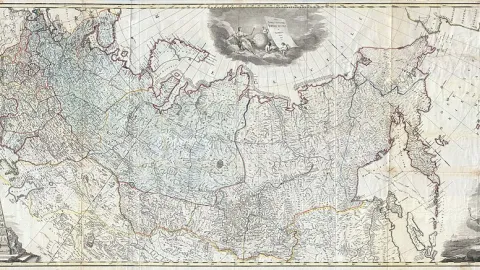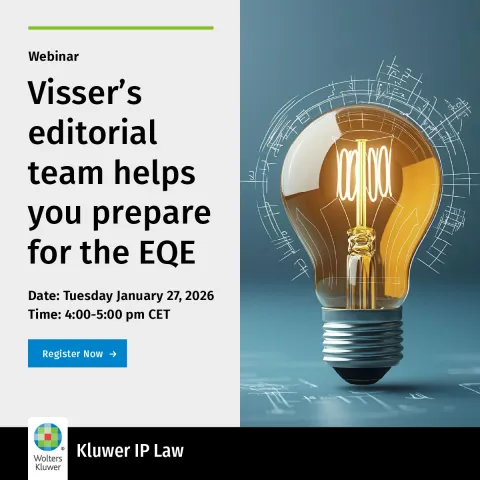The EPO – Lost in Regard to Translations?
May 14, 2024
All in all, the EPO can rightly be proud of the high quality of the translations it currently offers to its users. Many of my clients have been using the EPO’s translation services when (part of) a hearing was in German or French, and I was constantly advised that they considered the translations excellent and were able to follow the hearing very well.
So it seems that the EPO has a well running system in place, which sounds just like a happy ending to this post.
However, it seems that the EPO management also has a great and well-paid team of internal and external advisers in place who keep telling the management how they could possibly save even more money and run the office “more efficiently”. More than 2 billion EUR in the EPO Treasury Investment Fund (EPOTIF) are clearly not enough. There may always be a gap.
As an Open Letter of the EPO's Central Staff Committee with Annexes to the Heads of Delegation in the Budget and Finance Committee explains, the present system run by the EPO relies on freelance interpreters who are considered to be employees of the Office for the time they work for the Office. Their conditions of employment put in place since 2002 helped to build a pool of 160 highly qualified interpreters specialised in Patent Law. The EPO management is now proposing to abolish the conditions of employment of interpreters and requests the Budget and Finance Committee for their opinion.
This suggested change may turn out to be quite a spectacular own goal. 
The documents annexed to the Staff Committee’s letter speak for themselves and I recommend them for further reading. To put it very briefly, it may very well happen that translators heretofore employed by the EPO must now reduce their availability for the EPO in order not to be classified as bogus self-employed (“scheinselbständig”) but as true free-lancers. Moreover, translators will now have to pay full national income taxes, which means that they would have to charge the EPO significantly more than in the past. To anticipate this development, the EPO already proposed an increase by 40% of the interpreters’ daily rates – but even this, according to the translators, would be insufficient to compensate the taxation. And, finally, the EPO would have to pay VAT in non-EU countries such as in the United Kingdom and Switzerland where 25% of interpreters are residents.
The EPO Central Staff Committee concludes that the EPO would no longer be competitive in comparison with other international organisations still using a hybrid model such as the EU, UN, WTO and others. In addition, they argue that the vast number of comments from the interpreters would show that neither the legal nor the fiscal issues seem to have been properly considered in the document.
In my view, the EPO would be well advised not to jeopardize its pool of interpreters specialised in Patent Law. A shortage of interpreters with the requisite skill set would ultimately result in risks to the quality of interpretation services for the users of the patent system and a loss of reputation of the EPO. And I am not even convinced that it will really be cheaper for the EPO to change this well running system.
You may also like















Extraneous Attorney
The American saying "If it ain't broke, don't fix it" is a bit hard to translate into French or German, but not for the interpreters employed by the EPO. Whenever I used interpretation at OP, their work was nothing short of remarkable, as long as someone bothered to actually listen to the interpretation (very occasionally, this isn't the case, e.g. because the one person who needed interpretation hasn't shown up). And as long as some parties will speak in French or German, the need for interpretation will not go away. Also, under item 2.3 "Risk: Loss of competitiveness of EPO as an employer", one can read: "Health risks related to poor sound in ViCo already make the EPO less attractive as an employer when other international institutions have largely returned to in-person simultaneous interpretation for meetings. This is due to increased risk of auditory incidents and vastly increased cognitive load when working in RSI." I can attest that simultaneous interpretation in ViCo seems to be incredibly tough on the interpreters. In one OP I attended in ViCo, the interpreters had to interrupt constantly to get the patentee's attorneys to speak closer to their microphone.
Barry Moore
Having regularly benefited from the excellent translation provided by the EPO translation team, I cannot but echo the sentiment expressed. The EPO prides itself on providing a quality of services that transcends language and nationality- if it is not broken, do not try and fix it !
Caballero
So expensive translations were a fairytale after all.
Max Drei
Once again, Oscar Wilde was on to it, ages ago. As he said, "A cynic is somebody who knows the price of everything and the value of nothing". It's not just the cynics amongst us though, is it". Highly-trained modern business managers are the world's experts in knowing the price of everything, and amongst the world's worst at putting an accurate value on that which they so painstakingly price. I suppose they would retort that it's "not my job" to set a value. For that, they rely on the televant experts and specialists. Is that then why management now solicits the opinion of the B&F Cttee? Which prompts me to wonder whether management already knows what answer to expect from the Committee. Perhaps it has already offered the Cttee a draft answer and now just wants it signed? One suspects that a "Call for comments" is a device used by management to bring to light any "trouble-makers" on board ship. Who serves on the B&F Cttee, I wonder. My impression is that, sigh, EPO management gets what it wants, every time, regardless of the strength of any counter-arguments. Can readers tell me that I am way too much of a cynic? I do hope so. But I doubt it.